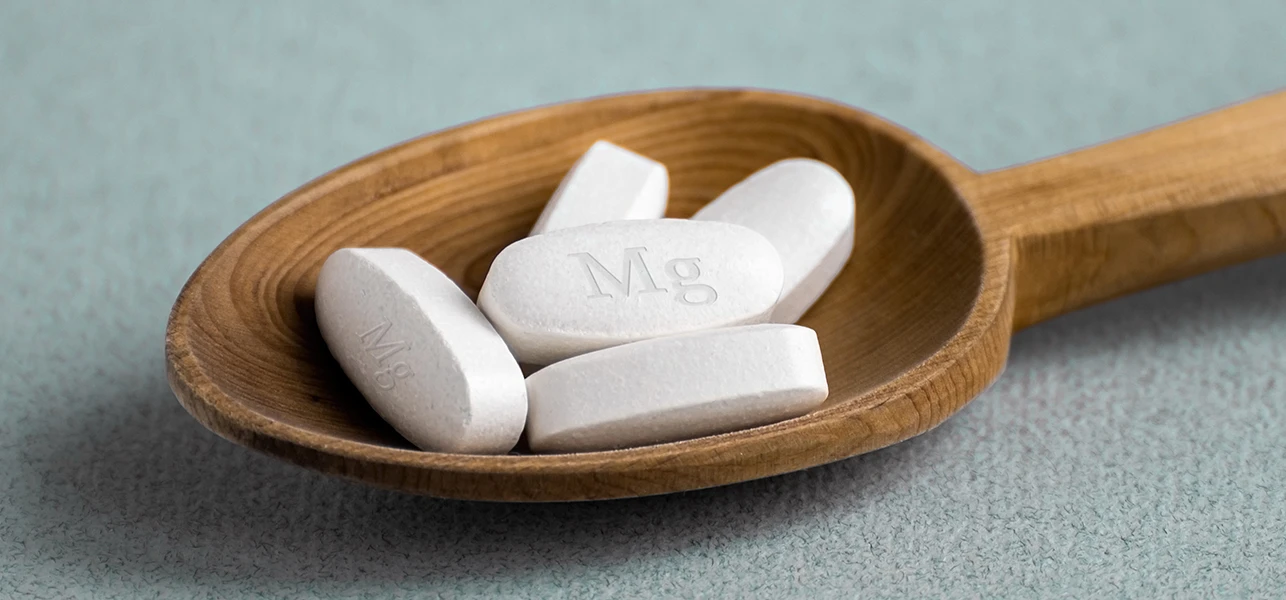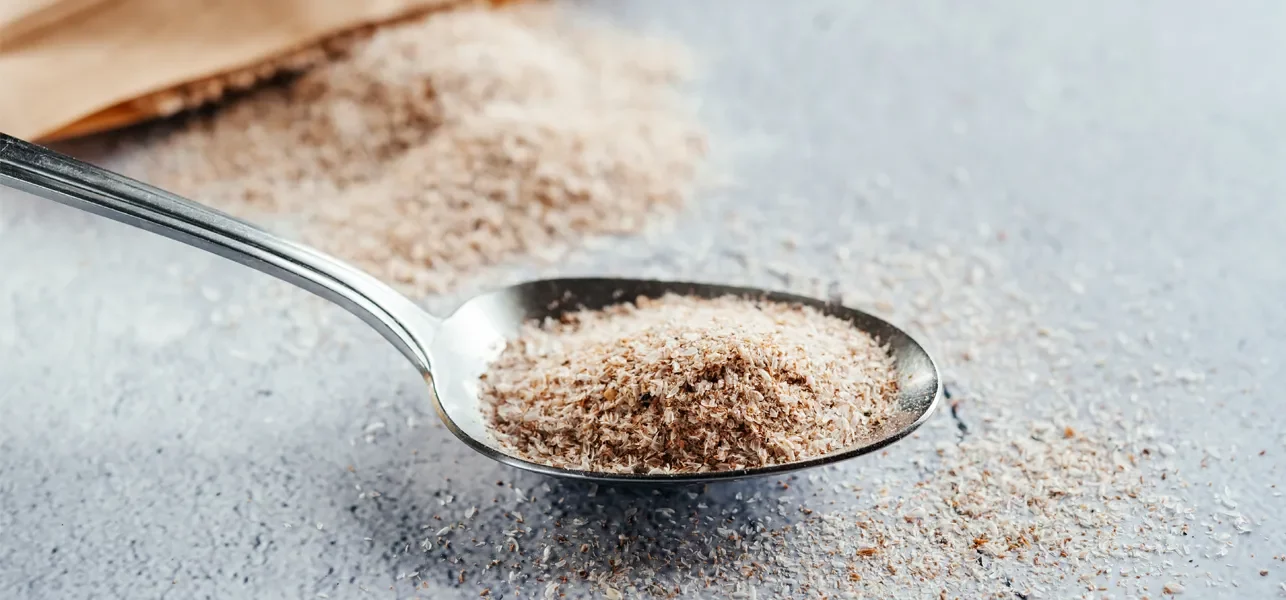Can You Take Probiotics With Antibiotics? All You Need to Know

Antibiotics fight bacterial infections by killing bacteria or preventing them from growing. Probiotics restore the natural balance of healthy gut bacteria. So, what happens when you take both? Are you wondering about the relationship between antibiotics and probiotics?
Antibiotic treatment is necessary for treating certain bacterial infections. They work by either killing the bacteria or stopping the bacteria from growing and spreading. Probiotics are live bacteria and yeast that promote a balanced gut environment and help keep your body healthy.
Antibiotics and probiotic supplements play very different roles. They target different aspects of human health, but is it beneficial to take both, and why might a person consider both?
Keep reading to discover the logic behind taking probiotics with antibiotics and whether you should try or avoid this combination.
Can You Take Probiotics With Antibiotics?
Yes, you can combine probiotics with antibiotic treatment. It is generally considered safe as probiotic foods and supplements do not interfere with antibiotic use. As probiotics support the digestive system and help curb digestive issues, they might aid antibiotic therapy.
Antibiotics play an important role in fighting bacterial infections. The problem is that while destroying harmful bacteria, most antibiotics simultaneously destroy the beneficial bacteria in your gut. An imbalance of good and bad bacteria can trigger gastrointestinal symptoms.
As probiotics replenish the gut microbiome, some people wish to take them alongside antibiotics. Doing so can encourage a healthy gut ecosystem and lower the risk of unpleasant side effects from a course of antibiotics, such as diarrhea, constipation, nausea, and vomiting.
Keep in mind that you must be cautious about when you take your probiotics during antibiotic use. Antibiotics are powerful drugs that can kill probiotic bacteria, stopping you from acquiring the beneficial effects of probiotics.
Timing is key to obtaining the benefits of combining probiotics with your antibiotic course.
When to Take Probiotics With Antibiotics?
There is no official rule, but it is generally recommended that you take a probiotic supplement a few hours (at least two hours) after taking antibiotics. Leaving space between the two ensures that they both do their jobs effectively and do not cancel each other out.
Most people take probiotic supplementation on an empty stomach to speed up and optimize the results, but you can also take them with food. Try to organize a schedule that works for you, where you can fit your probiotic supplement a couple of hours after your antibiotic.
For example, you might take your antibiotic first thing in the morning when you wake up and the probiotic just before breakfast. It depends on your routine and how you like to plan your meal times. Just make sure you take the complete course of antibiotics as prescribed.
How to Take Probiotics With Antibiotics?
Generally, you can start taking probiotics the same day you begin your course of antibiotics. Just ensure that you do not take them at the same time. For best results, take the antibiotic before adding probiotics to your routine a couple of hours later.
Antibiotic treatment typically lasts 7–14 days in adults, but you can continue taking probiotics for several weeks. Some people prefer to take probiotics daily for their purported health benefits, like boosting the immune system and reducing symptoms of some digestive disorders.
You should always complete your course of antibiotics and take it as your doctor recommends. Misusing prescribed antibiotics can cause your infection to return. It can also lead to antibiotic resistance, where it no longer works against the harmful bacteria in your body.
Why Don’t Doctors Prescribe Probiotics With Antibiotics?
Doctors do not prescribe probiotic supplements because they are not medicine and, therefore, do not require a prescription. You can purchase them over the counter and discuss the best options with a licensed pharmacist.
You can also buy probiotic-rich foods from the grocery store. Fermented foods such as yogurt, kefir, kimchi, kombucha, and sauerkraut contain probiotic strains.
These foods are great for human health. They give your immune system a boost and make an excellent gut health hack by restoring the gut microbiome.

Advertisement
Some topical antibiotics are available over the counter, but a doctor must prescribe antibiotics to patients. They may recommend probiotic use alongside antibiotics to prevent antibiotic-associated diarrhea and other symptoms, but they will not formally prescribe them.
If you are curious or concerned about taking antibiotics and probiotics at the same time, talk to your doctor. They can advise on the best course of action, as well as the health benefits and possible drawbacks.
Best Probiotic to Take With Antibiotics
Probiotics contain different strains. You can check the label of supplements to determine which probiotic bacteria are present. The lactobacillus and bifidobacterium species are the most popular probiotics for restoring gut flora, but you should check with your doctor.
Many probiotics are available, so it is important to find the one that works for you. Bioma is a probiotic supplement that works to restore balance to your gut microbiome and provide relief for problems within the digestive tract, such as abdominal pain, constipation, and diarrhea.

- Balances gut bacteria
- Promotes weight management
- Strengthens immunity
- Relieves menopause symptoms
These effects may be beneficial if you are experiencing antibiotic-associated diarrhea or other adverse side effects from disruption to the gut microbiome.
The Bioma team uses a quiz to identify your gut type to recommend a personalized supplement. These supplements contain the probiotic strain xylooligosaccharide (XOS) to balance the gut bacteria and improve the gut’s structure.
FAQs
How often you should take probiotics depends on the probiotic strain and the reason for use. Many probiotic supplements recommend taking two doses per day. It’s best to discuss probiotic use with your doctor if you are beginning antibiotic therapy.
Yes, taking antibiotics and probiotics at the same time is considered safe. However, you should not take them at precisely the same time as they may counteract one another. The general rule is to take your antibiotics at least two hours before taking your probiotics.
Probiotics may temporarily cause diarrhea, bloating, and gas in some people when they first begin taking them due to changes in the gut microbiota. However, they do usually subside within a few days. When taking antibiotics, probiotics can help prevent antibiotic-associated diarrhea.
A Word From a Nutritionist
Antibiotic treatment is often prescribed to treat common infections, such as ear infections, strep throat, urinary tract infections (UTIs), and sexually transmitted infections (STIs). They do not work for viral infections like the common cold and flu.
Like most drugs, antibiotics can have adverse effects. They can disrupt the gut microflora by unknowingly destroying the good bacteria. Without enough friendly gut flora, problems can arise, such as diarrhea, nausea, stomach pain, and vaginal yeast infections in women.
Probiotics play a substantial role in gut health as they regulate the gut microbiota. They encourage the growth of healthy bacteria and keep pathogenic bacteria at bay. Taking probiotics with antibiotics can, therefore, help alleviate uncomfortable symptoms.
Your gut is the core of your health, as it keeps your body in order. It controls digestion, nutrient absorption, and waste excretion. It has numerous other benefits, like improving overall well-being by supporting immunity and mental health and lifting your mood.
Aside from probiotics, diet is another key strategy for a happy gut. You should quit an unhealthy diet and follow a diet rich in fruits, vegetables, and other whole foods. Doing so ensures your body gets enough dietary fiber, which increases the diversity of the gut microbiota.
Exercise also enhances gastrointestinal health. You could walk for two hours daily, go on daily runs, or take a yoga class to keep your body moving and your gut in check.
Conclusion
Antibiotics are vital drugs that clear up infections caused by bacteria, but they can disturb your gut microbiome. Adding probiotics to the mix can mitigate side effects and help you keep a healthy and happy gastrointestinal tract while the antibiotics work their magic.
You can take probiotics on the same day as your antibiotic treatment, but you should take them a few hours apart. This will ensure that the antibiotics do not kill the beneficial bacteria provided by the probiotic.
For more advice, talk to a medical professional to discuss treatment.

- Balances gut bacteria
- Promotes weight management
- Strengthens immunity
- Relieves menopause symptoms







Comments (0)